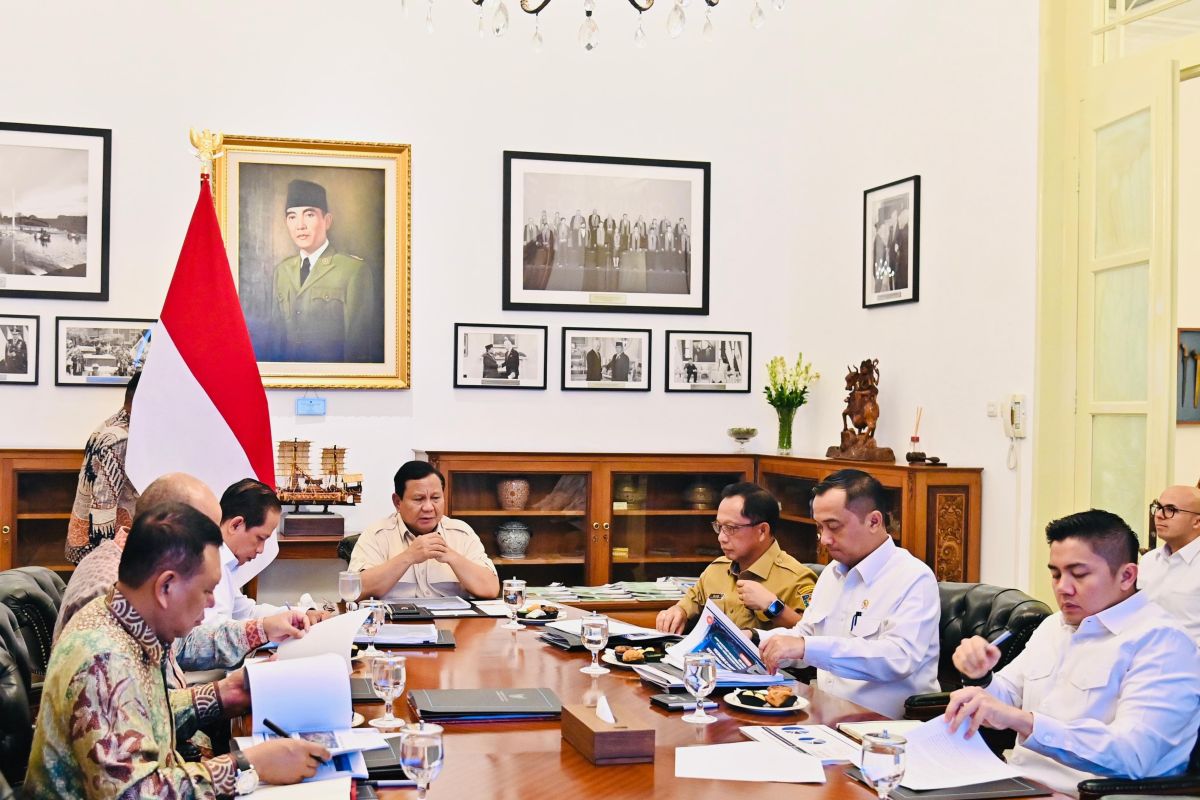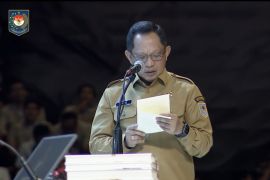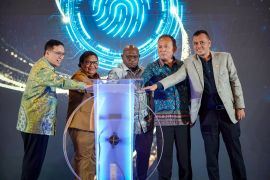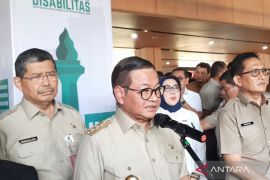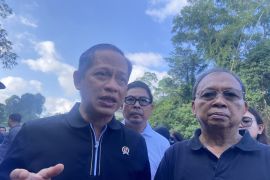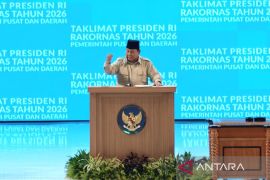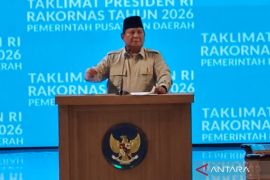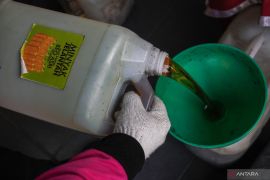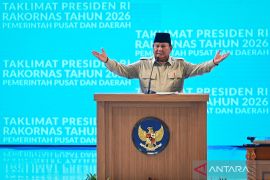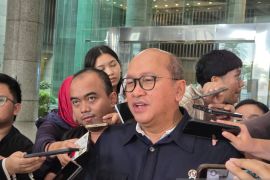Prabowo has instructed Minister of Environment Hanif Faisol Nurofiq, Minister of Home Affairs Tito Karnavian, and Head of BPI Danantara Rosan Perkasa Roeslani to coordinate efforts to accelerate the resolution of the waste problem.
"In the National Medium-Term Development Plan (RPJMN) 2025-2029, President Prabowo targeted that the waste management issue should be resolved by 2029. We have prepared all strategies through several approaches," Nurofiq told reporters after a limited meeting with Prabowo on Tuesday (June 10).
He explained that the upstream waste management approach includes reduce, reuse, recycle (TPS-3R) waste processing facilities and integrated waste processing facilities (TPST), while the downstream waste management approach comprises converting waste into energy through waste-to-energy (WTE) and refuse-derived fuel (RDF) technologies.
To accelerate the completion of waste management, the head of state also instructed his ministers to promptly coordinate with the regional government as the authority responsible in the region as mandated by Law Number 18 of 2008 on Waste Management.
Meanwhile, Minister Karnavian stated that the government has identified 33 landfill sites (TPA) as potential locations for waste-to-energy projects.
"We will use the waste-to-energy mechanism, converting waste into energy. Later, Danantara will play a role in the implementation," he remarked.
Rosan Perkasa Roeslani, the head of Indonesia’s sovereign wealth fund management agency, Danantara, also expressed readiness to invest in waste-to-energy projects in the regions.
He stated that Danantara will invite the private sector to invest in the project.
Earlier in March, Nurofiq also emphasized that the main strategy for improving waste management begins upstream, including waste reduction at the community level and commercial areas, with stricter policies for sectors such as universities, markets, housing, hotels, restaurants, and cafes.
His side also pushes for a stronger waste sorting system to reduce the amount of waste entering the landfill along with the involvement of the industry in the Extended Producer Responsibility (EPR) scheme, by placing companies as the main off-takers in purchasing cardboard and plastic waste, resulting in more recycled materials being absorbed by the industry.
Related news: Tackling waste problem through village movement
Related news: Indonesia to mandate producers manage plastic waste from packaging
Translator: Genta Tenri M, Resinta Sulistiyandari
Editor: Primayanti
Copyright © ANTARA 2025
